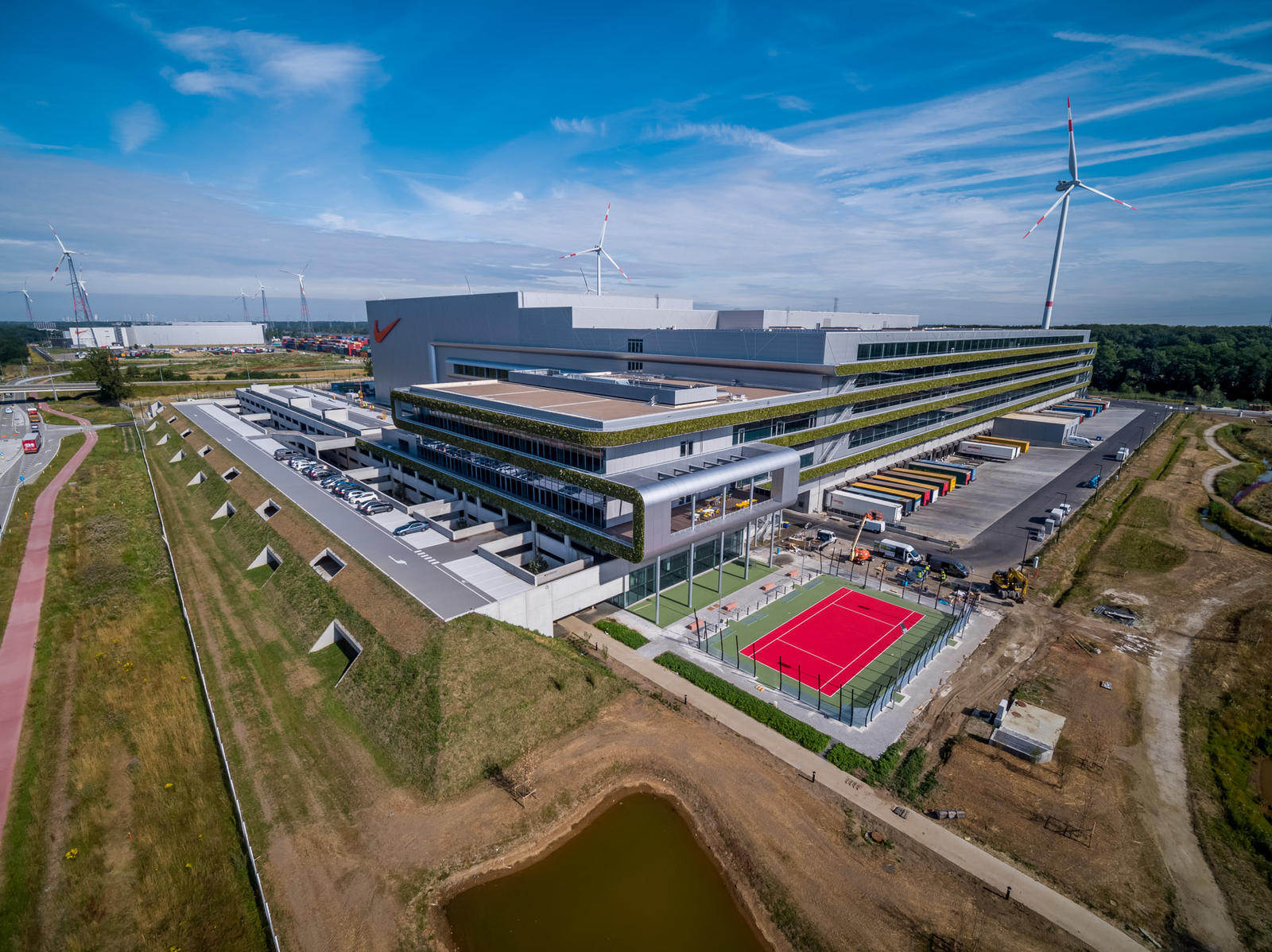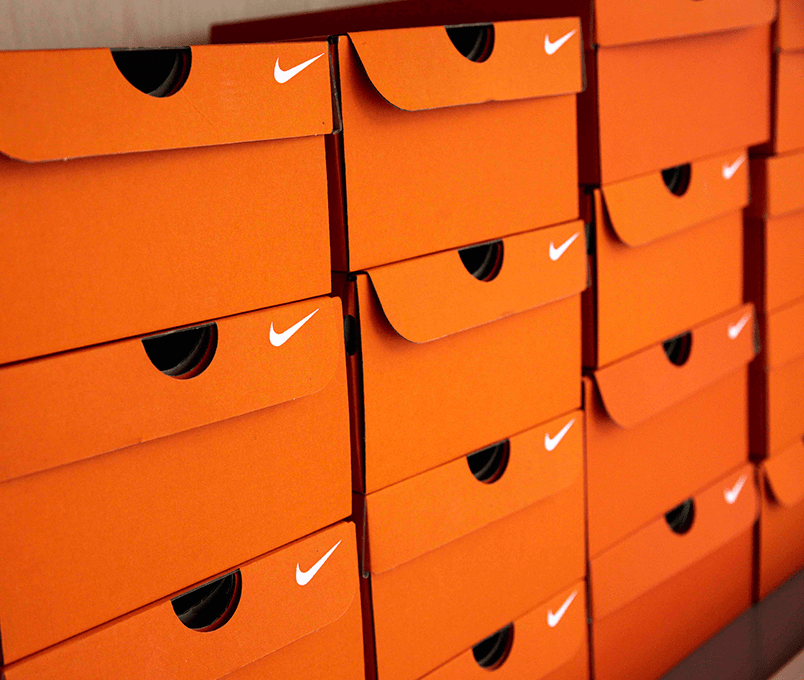Almost 15 years ago, Nike's German division promised to collect worn shoes and recycle them in an Antwerp factory as part of an eco-friendly project. Instead, tens of thousands of new shoes were being destroyed at a separate factory close by.
By putting GPS trackers in the soles of Nike trainers, a team of investigative journalists uncovered that the company was destroying returns under the guise of its Nike Grind initiative.
As part of the project, Nike said it would separate the materials of the shoes then process them into granular residual material, which can be used for things like the construction of tennis courts, basketball courts and playgrounds. However, in practice, the parts were not separated and returns also ended up in the shredding hall.
The team of journalists from German outlets Die Zeit, Das Erste's Panorama and Flip first dropped off a pair of worn-out sports shoes at a Nike shop in Hamburg for recycling; however, the tracking app showed that they were not sent to the promised recycling plant on the Nike European Logistics Campus in Meerhout, but instead to a factory with large industrial shredders in Herenthout, both in the province of Antwerp and just 25 kilometres apart from one another.
They repeated the test, this time by installing a GPS tracker in new Nike basketball shoes and returning them. This pair of shoes was also sent to the shredders, even though the shoes had never been worn. According to the journalists, there was no visible defect on the outside.
In response to the allegations, Nike claimed it destroyed the pair of shoes included in the investigation because they noticed a GPS tracker had been inserted in the sole, making the shoes unsellable. As part of its sustainability report, so-called "unsellables" are supposed to be included in the Nike Grind project, however, these were found to also be simply shredded.

A Nike site in Antwerp. Credit: Nike
Several of the journalists were given a guided tour of the factory by pretending to be potential customers. With hidden cameras, they filmed thousands of pairs of trainers waiting for destruction, most of which were new, according to local employees. Some even had their return ticket still attached.
There was no separation of materials taking place for the shoes being sent to the shredder. Only the paper used to fill the new shoes was removed manually beforehand. It is unclear what happens with the shoes once they are shredded.
Fast fashion destruction
The principle of fast fashion - in which the cheap price of goods, changing fashion trends and a fast rate of production result in clothes and shoes being kept for shorter periods of time - is said to be the main reason behind this destruction of new shoes.
In 2019, a record number of 24.3 billion pairs of shoes were produced, of which trainers make up a big chunk. Nike is one company that has profited from the item's recent popularity and the exploding sales of such sports shoes, which helped the company record an almost five-fold increase in its net profit in the last 15 years.
The journalists suspected that Nike destroyed all shoes, including new ones, for commercial reasons accelerated by the coronavirus crisis. Shoe collections continued to grow at a fast pace, while consumer need for new clothing and footwear diminished, as people were going out less frequently.
This resulted in surpluses of stock, overfilling already packed warehouses. Some companies avoid selling masses of stock at a discounted price out of fear it will damage the "exclusivity" of their brand.
The sports giant continued to deny the results of the investigation, arguing that only worn shoes, as well as worn test samples, defective products, returned products that show signs of damage or unacceptable wear, counterfeit products, sales samples and other such shoes are sent to Nike Grind, while "unworn or flawless products are put back on sale."
When presenting the results to the Federal Environment Ministry, a spokesperson said this was a possible "violation of the waste hierarchy," which states that waste prevention has top priority and takes precedence over all other disposal measures such as recycling.

